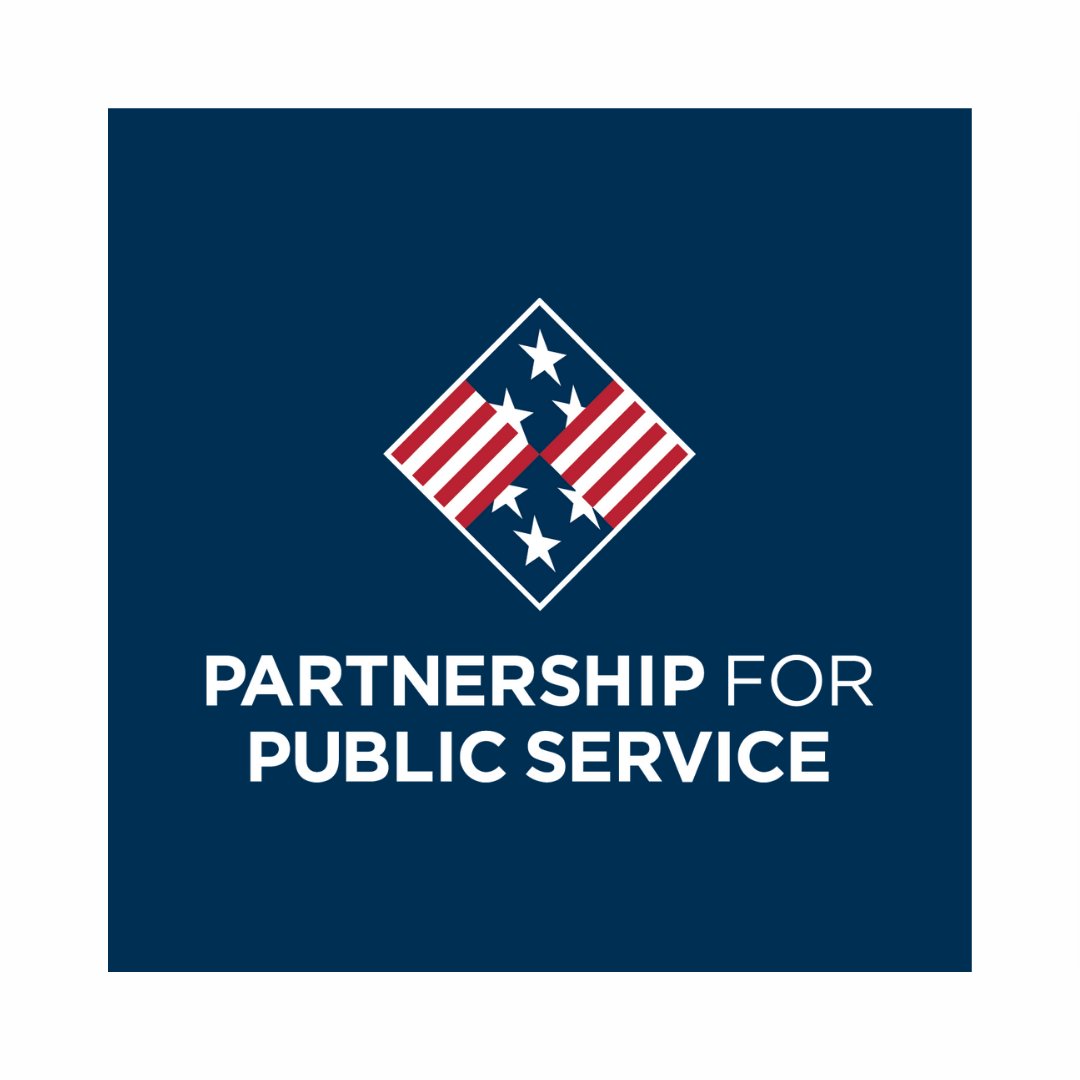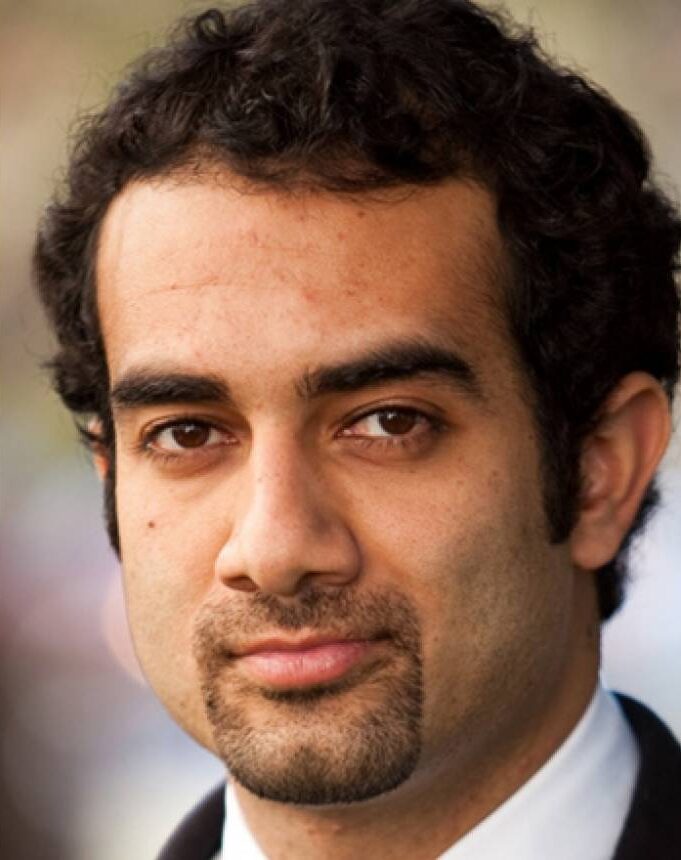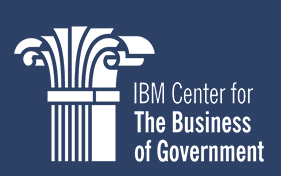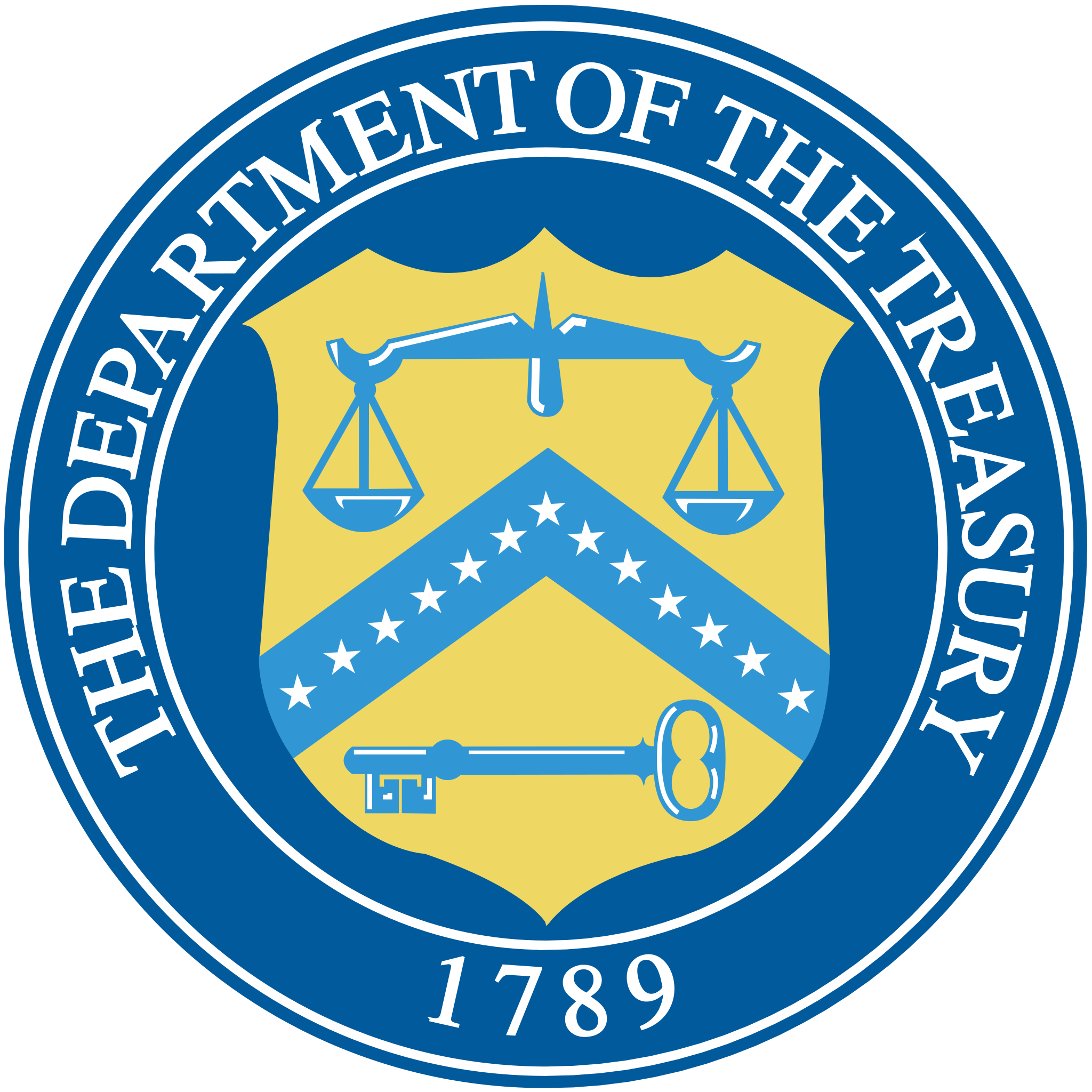
Editor’s note: The following article first appeared on the Partnership for Public Service’s We the Partnership blog.
Federal employees cite many reasons for entering public service, including economic opportunity, the chance to do work they’re passionate about and job security. For many federal employees, however, one motivation stands above the rest: the desire to give back.
That was the theme that arose from a survey we sent in May, which received responses from 130 public servants at 45 federal agencies serving at all levels of government.
For Gary R., his upbringing inspired him to serve. His parents fled Germany after World War II to find new opportunities, and he wanted to give back to the country that gave them a fresh start. He served in the military but then headed to the private sector. However, federal service called to him once again, and he is now a curriculum manager at the Department of Homeland Security.
Elizabeth J. grew up with English as her second language but because she didn’t have access to ESL classes, she spent much of her time sitting silently at her classroom desk.
“I said if I ever got the chance to change this that I would,” Elizabeth wrote. She’s now in a position to do so. As an employee of the Department of Education, in the Office of English Language Acquisition, Elizabeth works to make learning easier for ESL students across the country.
The military is often a pathway to a lifetime of public service, which was the case for Sharon M. at the Defense Threat Reduction Agency. She served in the military for six years and then in the Naval Reserves, while also running her own business. After 9/11, her sense of patriotism and desire to help soldiers in harm’s way led her to return to full-time public service.
“I serve because I want to make a difference, and I want to help the soldiers and sailors in harm’s way,” Sharon wrote. “I understand their situation; I was there.”
Other federal employees joined public service after working in the private sector because of the federal government’s mission. Kirtida P. from the Food and Drug Administration had a high-paying corporate job where she saw unsafe products being sold to hospitals and used by staff. She left to work for the federal government, making it her mission to protect the public from dangerous health products.
Kyle B. began work at the General Services Administration to support America’s 244-year-old legacy, which has made him feel like he is part of something greater than himself.
“A private company is only accountable to its shareholders and gets to pick its customers via what type of product or service it sells,” he wrote. “Public service does not get that luxury. Everyone is its customer. But this is why public service is so important to me; it matters.”
To share your own experience of working in federal government, including why you entered public service, take the #WhyIServe survey.
This post is by Jake Satisky, an intern on the Partnership’s Communications team.




